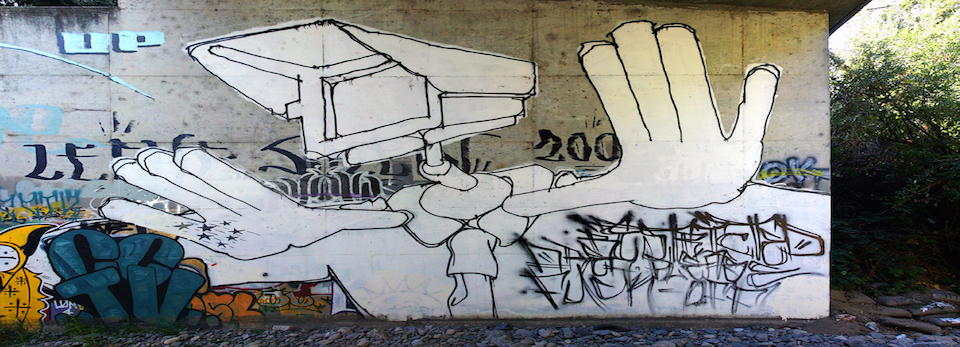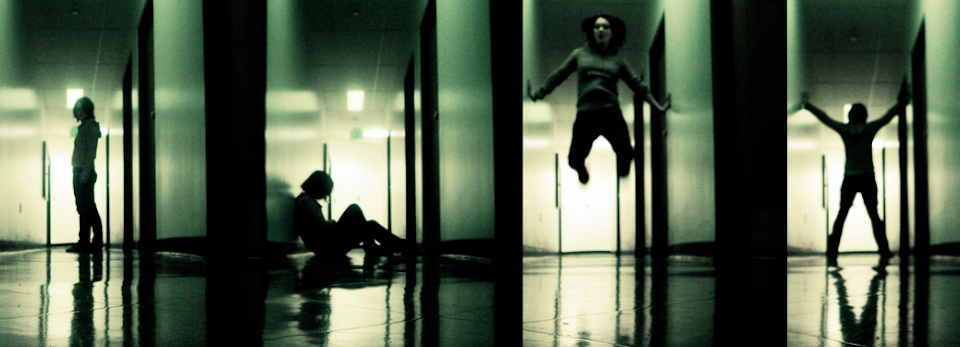Neo-Victorianism features contemporary twentieth- and twenty-first-century depictions of nineteenth-century settings, events, and characters. Specifically, literary and visual works utilise this historical environment (and often, real historical events) to reflect and address contemporary issues. Mark Llewellyn notes how neo-Victorian works often represent “marginalised voices, new histories of sexuality … and other generally ‘different’ versions of the Victorian” (165).
View More Challenging Cis-Heteronormativity in The Night BrotherTag: identity
Alluvium Editorial 8.1
In this first 2020 issue of Alluvium, articles converge around conflicting understandings of our sense of self in the neoliberal contemporary. At a particularly ‘uncertain’ time in which the concept of the national bloc is becoming all-the-more contested as a locus of identity, where do we seek alternative forms of identification and affiliation?
View More Alluvium Editorial 8.1Post-National Authors, Post-National Literature? An Interview with David Szalay
In the previous issue of Alluvium, Christine Lehnen wrote about the possibilities and limitations of post-national literature in Europe in the 21st century. As part of an ongoing research project, she is conducting expert interviews with practitioners to explore their stance on nationality and how it shapes (or fails to shape) their writing.
View More Post-National Authors, Post-National Literature? An Interview with David SzalayA Unified Scene? Global Fictions in the C21
The twenty-first century has been marked by an unprecedented intensification in globalisation, transnational mobility and technological change. According to Peter Boxall, there has been a ‘turn in the fiction of the new century’ to reflect this ‘contemporary global condition’ (Boxall 141). This turn is especially pertinent to any discussion of literature from Britain or the United States …
View More A Unified Scene? Global Fictions in the C21Celebrity and Surveillance in ‘There But For The’
Ali Smith’s There But For The (2011) is about a man who locks himself in the spare room during a dinner party, and stays there for several months. As a plus one guest, Miles Garth’s act of seclusion provides the catalyst for Smith’s ‘scathing social satire’ (Tancke 85) of the Lees and their suburban lifestyle, with, as Ulrike Tancke notes, their main concern relating to the preservation …
View More Celebrity and Surveillance in ‘There But For The’Original Modern or a New Kind of Ordinary?
There is a line in David Peace’s Nineteen Eighty Three (2002) that is so resonant that its absence is all but unimaginable: ‘To us all and to the North – where we do what we want!’ (Peace 228). In a series of short articles for Alluvium I use the malevolence and pathos of this line – a toast drunk by corrupt police officers to a chimerical space which, as Christopher …
View More Original Modern or a New Kind of Ordinary?Explorations in the Ergodic
As our lives become more networked, people are engaging more and more with structures. But they are not merely inhabiting these structures – they are…
View More Explorations in the Ergodic






